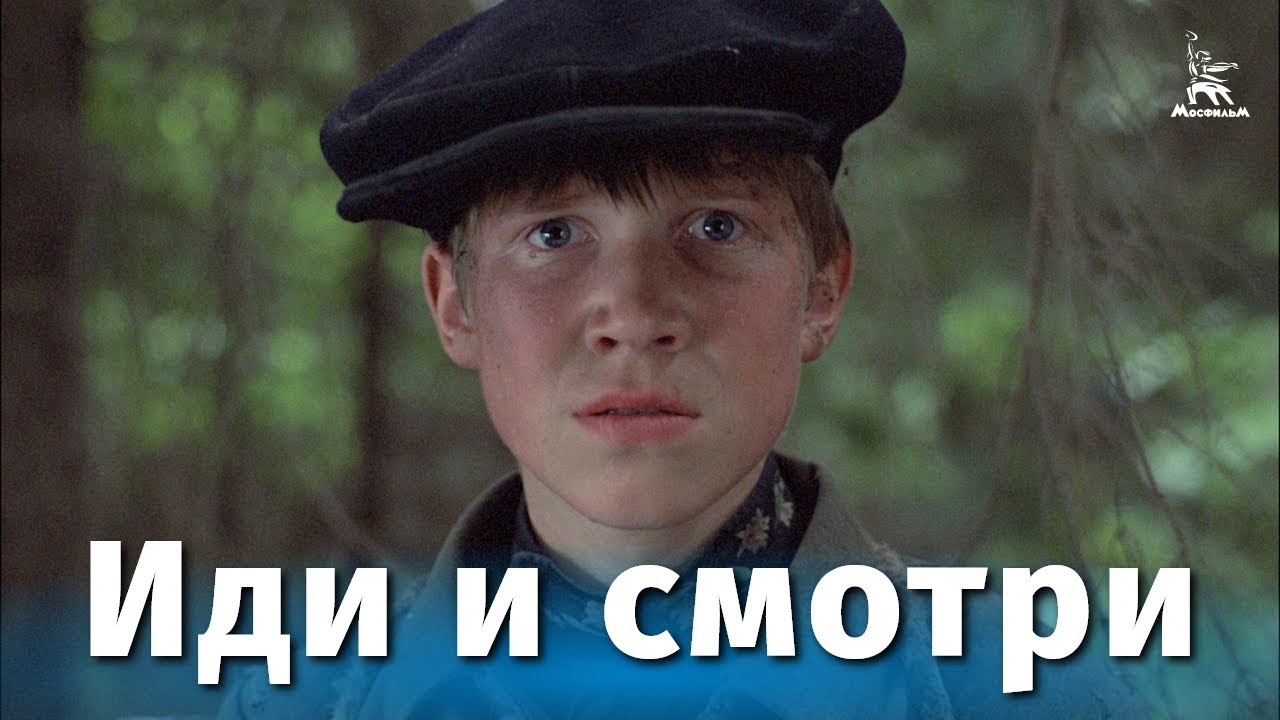The film's plot focuses on the Nazi German occupation of Belarus, and the events as witnessed by a young Belarusian partisan teenager named Flyora, who—against his mother's wishes—joins the Belarusian resistance movement, and thereafter depicts the Nazi atrocities and human suffering inflicted upon the Eastern European villages' populace. The film mixes hyper-realism with an underlying surrealism, and philosophical existentialism with poetical, psychological, political and apocalyptic themes.
According to Klimov, the film was so shocking for audiences, however, that ambulances were sometimes called in to take away particularly impressionable viewers, both in the Soviet Union and abroad. Also according to Klimov, during one of the after-the-film discussions, an elderly German stood up and said: "I was a soldier of the Wehrmacht; moreover, an officer of the Wehrmacht. I traveled through all of Poland and Belarus, finally reaching Ukraine. I will testify: everything that is told in this film is the truth. And the most frightening and shameful thing for me is that this film will be seen by my children and grandchildren".


After watching this film you will forgive war crimes against German soldiers, I guarantee it.